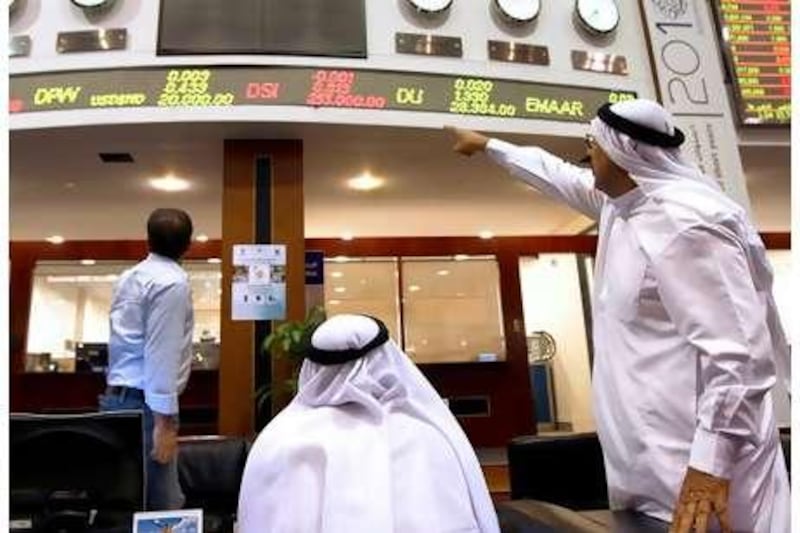Nasdaq Dubai signed an agreement with Hong Kong-based investment bank Zhongtai Financial International and a Beijing-based law firm Tian Tai to support Chinese companies that wish to list in the Middle East.
The three parties will support and guide Chinese companies that wish to carry out initial public offerings on Nasdaq Dubai as well as list bonds, real estate investment trusts, funds and other securities, according to a statement from the exchange on Wednesday.
“Building on the close relationship between the UAE and China, Nasdaq Dubai offers a warm welcome to Chinese companies that seek regional and international investment as well as high global visibility for their businesses as they expand,” said Hamed Ali, chief executive of Nasdaq Dubai and deputy chief executive of Dubai Financial Market.
Nasdaq Dubai is the largest exchange in the Middle East for US-dollar denominated debt listings at $82 billion (Dh301bn). Its investor base is spread across more than 100 countries.
The exchange has hosted 19 debt issuances valued at $11.3bn from Chinese companies since 2014. They include two bonds totalling $1.2bn listed by the Hong Kong branch of China Construction Bank in August 2020 and two bonds worth $1bn listed by the Industrial and Commercial Bank of China in October 2019.
“Investors are eager to support Chinese enterprises that are active inside China’s growing economy as well as pursuing dynamic Belt and Road initiatives,” Mr Ali added.
Exchanges in the UAE and the wider GCC could benefit from a potential exodus of Chinese technology companies from the US markets as it tightens regulations for publicly-listed companies.
US regulators have proposed that in order to trade on an American exchange, companies must grant US regulators access to their audit papers. Chinese companies such as Alibaba Group Holding and Baidu have so far refused to allow inspectors from the US’ Public Company Accounting Oversight Board to review audits.
The agreement with Nasdaq Dubai also covers the deposit of securities into the exchange’s Central Securities Depository. In the case of shares, this will allow companies to join Nasdaq Dubai’s Private Market, the statement added.
“Nasdaq Dubai’s extensive investor links make it an ideal platform for Chinese issuers, as they increasingly see the value of an overseas listing to take their business to the next level,” according to Gao Feng, chairman and chief executive of Zhongtai Financial International.
A representative from Tian Tai law said the agreement would channel investment from institutional and individual investors into Chinese companies looking to extend their Belt and Road activities in the UAE and other countries in Asia and Africa.








